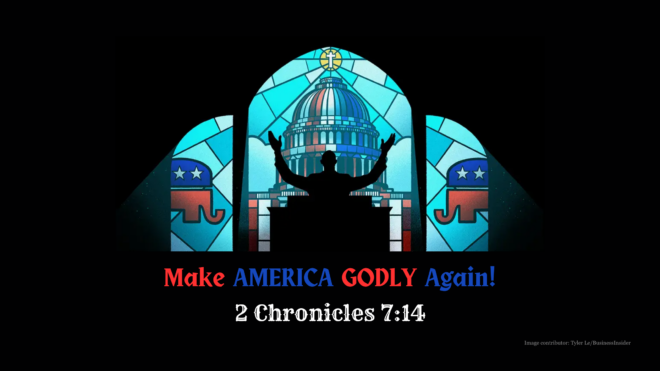[Note: This post is taken from a short address I made to legislators in Sacramento on April 16, 2012.]
I was first politicized by this issue perhaps 33 years ago, when an attempt was made to run the Orange County Rescue Mission out of Santa Ana by declaring it to be ‘blight.’ Well, what kind of people does the Rescue Mission, and other religious and charitable agencies of that kind, serve? By that standard, all such agencies are ‘blight.’ It struck me that the right to own and use land is one of the most basic of all rights, because if you do not have the right to exercise your constitutional liberties of religion, speech, press, and also the economic liberties that conservatives hold dear, in a place, then these rights are theoretical at best. There is a lot of talk today about ‘society’ or ‘the community.’ I believe in the importance of ‘the community,’ but if all places ultimately belong [in terms of who decides the use of places, not just the right to buy and sell land for profit] to the ‘community,’ what does that mean?
My religious tradition likes to talk about giving special attention to the ‘least of these,’ the poor, the lame, the sick, and the marginalized. And yes there is a lot of selfish individualism nowadays that tends to neglect or overlook these people. But if people are ‘marginalized,’ to use a buzzword, by whom are they marginalized? By ‘society’ or the ‘community,’ of course. And all too often ‘society’ or ‘the community’ turns out to mean, in practice, the wealthy, influential, and powerful within the ‘society’ or ‘community.’ And current political trends exaggerate the power of what I will call the politically ‘wealthy.’ While there is a lot of overlap between the politically ‘wealthy’ and the financially ‘wealthy,’ I will concede that they are not identical. On the one hand, as most of you in this room will gladly concede, there are the public sector unions, whose members are not necessarily financially wealthy but possess what I call political wealth. On the other side, societies where the affluent or the merchant class tends to be members of an ethnic minority are often ones where financial wealth is not accompanied by political ‘wealth.’ I think of Indonesia, where the merchant classes tend to be Chinese, or East Africa, where they often tended to be South Asian. That said, there is still a lot of overlap between the two.
This is why I cannot fully call myself a ‘communitarian;’ land use and other forms of regulation are one area where I, not at all a philosophical libertarian, tend to be ‘libertarian.’ And it is usually the more affluent and powerful that can escape the worst of the pain. I think that many regulations are not bad things, but regulations in general have an effect somewhat like a fly swatter. The effect of a fly swatter on the behind of you or me is a sharp sting. But the effect of a fly swatter on the behind of a fly is that the fly dies. That is why ‘big’ business is more comfortable with land use and other forms of regulation than small up and coming entrepreneurial business; regulation may sting big business, but it kills potential competition outright. I am not here denouncing all regulation, nor all zoning.
Interestingly enough, in the Jacksonian era, it was pretty much accepted that the ‘preferential option for the poor’ was limited government. That partly changed with the rise of the giant business corporation, which required government, to some extent, to counterbalance and check it. But the Jacksonian paradigm, I think, still retains some relevance.
And, some people talk about ‘local control.’ Yes, ‘local control’ is a lesser evil, because you don’t have to move as far to get out of it as you do to get out of a nation state – unless the political and financial dynamics are pushing all local authorities in the same direction, as sometimes is the case. But I would affirm that ‘local government’ is still ‘government,’ and therefore local ‘big government’ is still ‘big government’ just as much as Washington D.C. is.
In closing, I return to my point; a civil liberty that you have the right to exercise in the abstract, but not in a place, is not much of a civil liberty.
Thank you very much for your stand for freedom.



